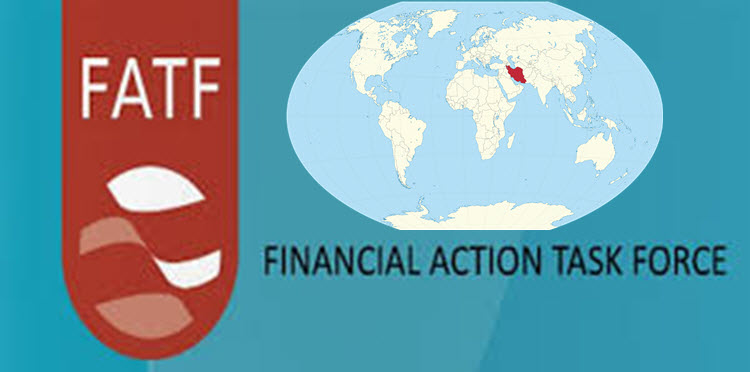

The agency that deals with monitoring the finance of terrorism and money laundering is concerned about Iran. In June last year the Financial Action Task Force (FATF), an intergovernmental agency, announced that Iran would remain blacklisted as a high-risk country.
The FATF considers the Islamic Republic as a Non-Cooperative Country or Territory (NCCT).
“The objectives of the FATF are to set standards and promote effective implementation of legal, regulatory and operational measures for combating money laundering, terrorist financing and other related threats to the integrity of the international financial system. The FATF is therefore a ‘policy-making body’ which works to generate the necessary political will to bring about national legislative and regulatory reforms in these areas.”
NCCTs are able to deal with very few banks that are very expensive (due to the risks involved).
On Friday 24th February, the FATF released a statement on its website about Iran. It read: “In June 2016, the FATF welcomed Iran’s adoption of, and high-level political commitment to, an Action Plan to address its strategic AML/CFT deficiencies, and its decision to seek technical assistance in the implementation of the Action Plan. Accordingly, in June 2016, the FATF suspended counter-measures for twelve months in order to monitor Iran’s progress in implementing the Action Plan. If the FATF determines that Iran has not demonstrated sufficient progress in implementing the Action Plan at the end of that period, FATF’s call for counter-measures will be re-imposed. If Iran meets its commitments under the Action Plan in that time period, the FATF will consider next steps in this regard.”
“Iran will remain on the FATF Public Statement until the full Action Plan has been completed. Until Iran implements the measures required to address the deficiencies identified in the Action Plan, the FATF will remain concerned with the terrorist financing risk emanating from Iran and the threat this poses to the international financial system.”
“The FATF, therefore, calls on its members and urges all jurisdictions to continue to advise their financial institutions to apply enhanced due diligence to business relationships and transactions with natural and legal persons from Iran, consistent with FATF Recommendation 19. The FATF urges Iran to fully address its AML/CFT deficiencies, in particular those related to terrorist financing.”







